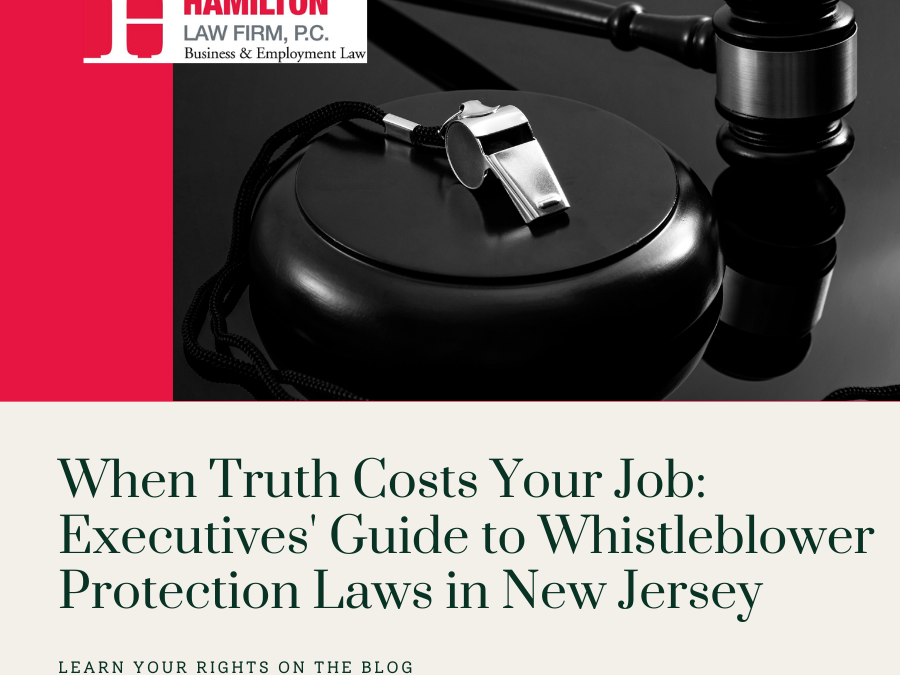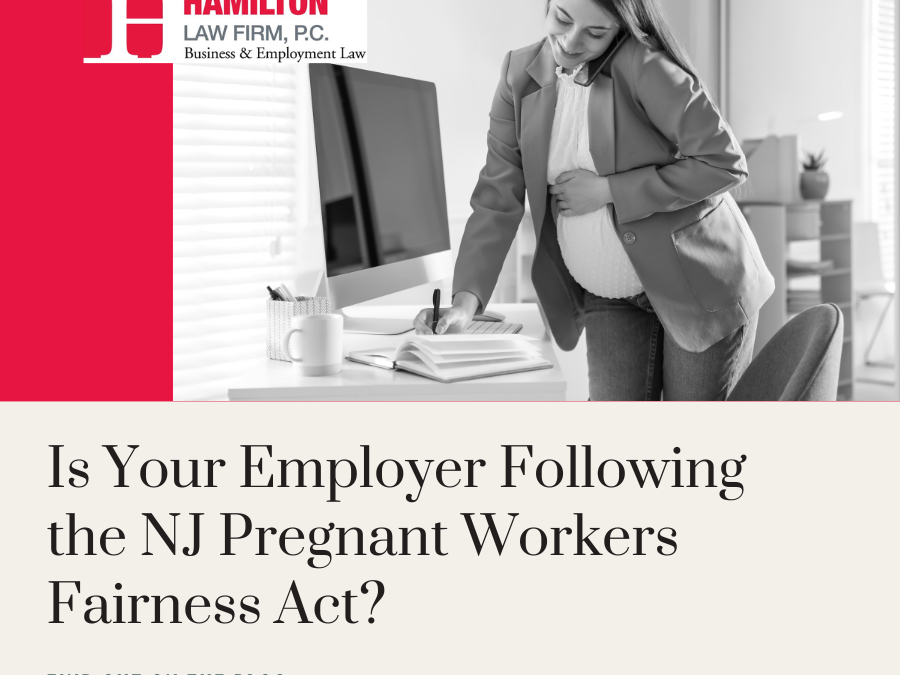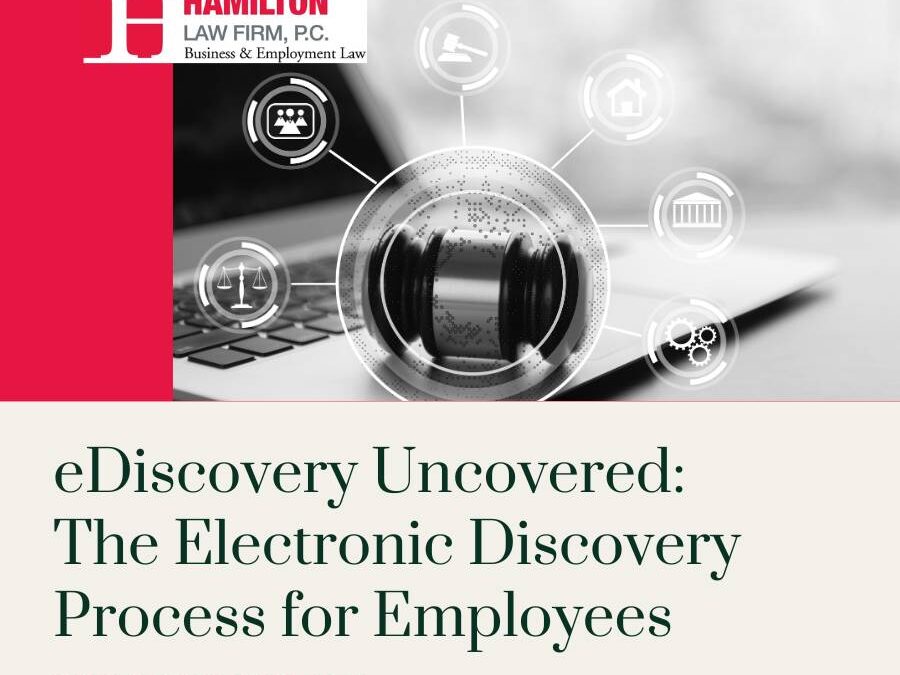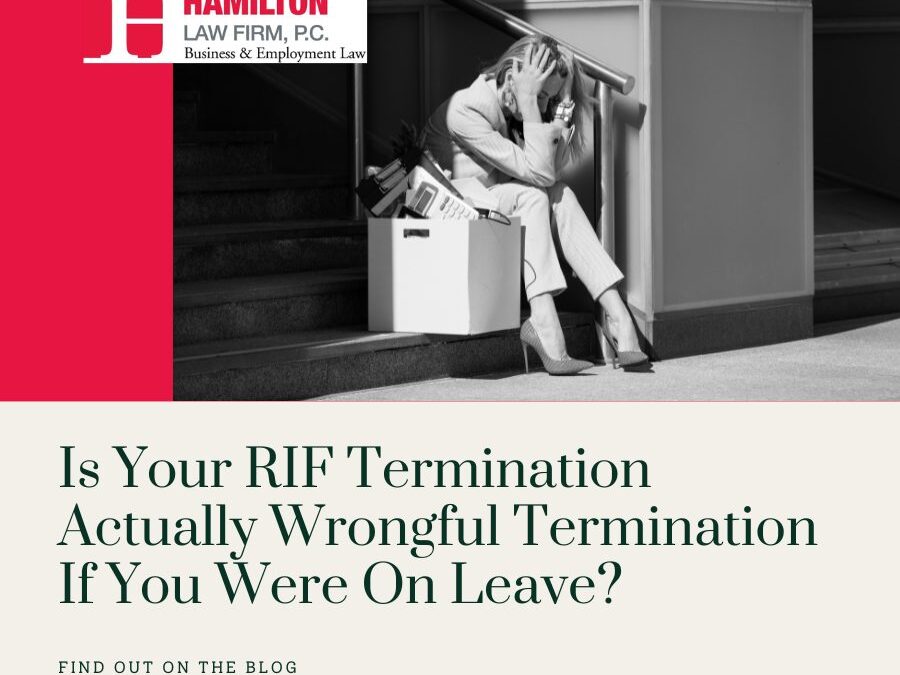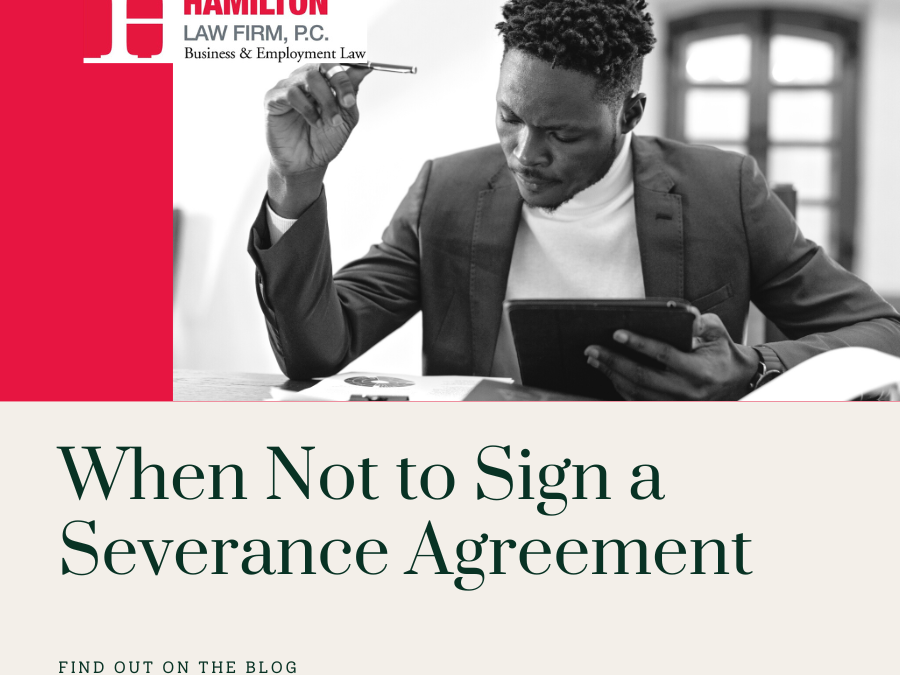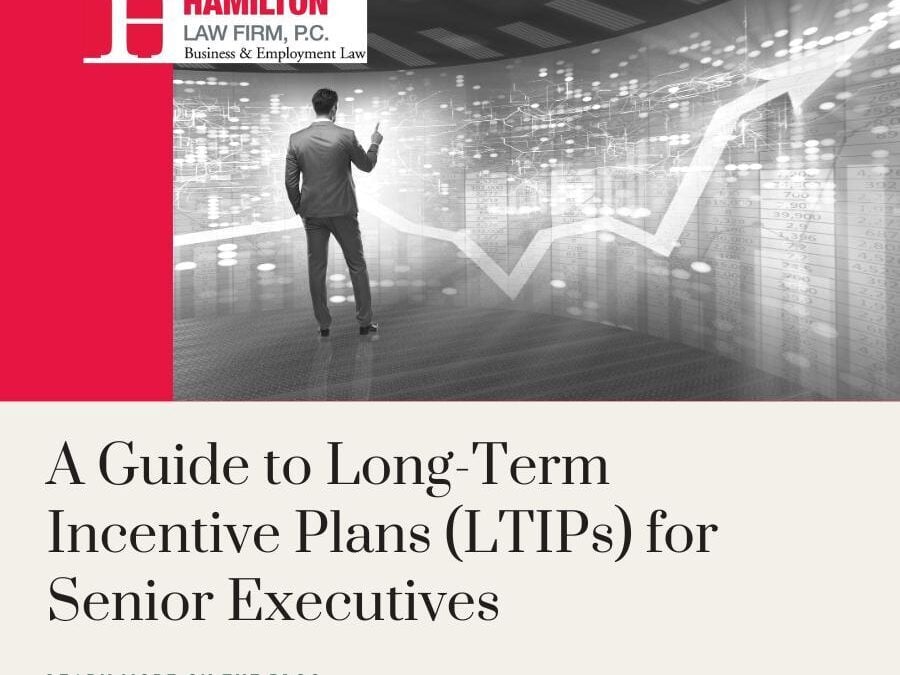The decision to whistle blow is rarely easy, and those who have the courage to bring unlawful activity to light should know that they have rights to protect their careers. In New Jersey, the Conscientious Employee Protection Act (CEPA) protects employees from...
